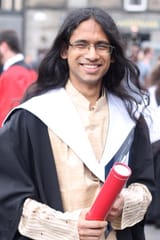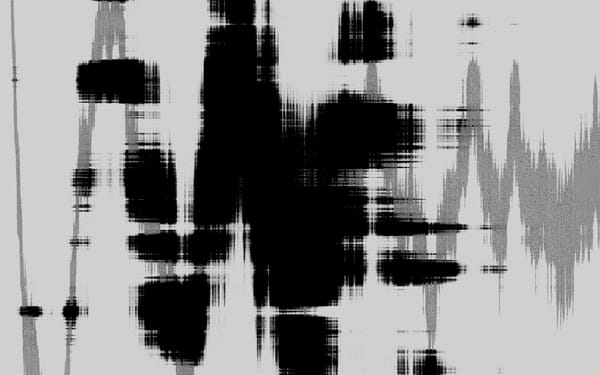RSSO opens Usher Hall Sunday Classics Series

Russian State Symphony Orchestra/Valentin Uryupin
Barry Douglas, piano
Pyotr Ilyich Tchaikovsky, Swan Lake Suite
Dmitri Shostakovich, Piano Concerto No. 2
Sergei Rachmaninoff, Symphony No. 2
14 October 2018
Usher Hall, Edinburgh
The Usher Hall’s international orchestra season opened with a fine showcase of music by the great Russian composers performed by the Russian State Symphony Orchestra. Their performance opened with Tchaikovsky’s suite from Swan Lake, and the Orchestra showed its impeccable command over the piece right from the beginning: the clarinet singing the main theme was evocative and melancholy, over delicately balanced harp textures. Likewise, the flutes demonstrated great lightness and agility in the waltz that followed, and the interplay amongst the woodwinds and string in the dance of the cygnets was really witty and charming. What really stood out in this first piece was the heart-breaking duet between cello and violin in the pas d’action. Although the movements that followed, each themed on a national dance, were each remarkable, such as the Hungarian dance for its refreshing energy and athleticism, or the Neapolitan dance or the brassy elegance, there was a sense in which the Swan Lake suite was not the best showcase of what this orchestra had to offer, mostly because it was one of Tchaikovsky’s early works, and the movements on offer here were a cherry-picked compilation.
Soloist Barry Douglas joined the orchestra in a riveting rendition of Shostakovich’s second piano concerto to conclude the first half of the concert. Douglas’ rendition of the exuberant march of the opening movement and the macabre feel in the subsequent theme brought with it a suitable sense of energy and hijinks. This energy was matched only by the high spirits of the final movement. What was intended as a series of finger exercises in the music, Douglas rendered as a series of scales that truly heightened the intensity of the finale. Contrasting the comedic zeal of the final movement and the vigour of the first, however, was a melancholy and meditative rendition of the intervening slow movement, which both soloist and orchestra rendered with clarity and poise.
The Orchestra truly showed its strength in their performance of the Rachmaninoff symphony. With a carefully judged tempo sense of dynamics, they allowed the sprawling opening theme of the first movement to unfold in a manner that was evocative and moving. Of particular note was the brass section, which really gave the performance a sense of majesty and elegance. Their energetic and racing rendition of the scherzo was riveting, and they brought out a dark, foreboding fascination with the Dies Irae chant. What really stood out in the evening was in the third movement, where principal clarinettist Mikhail Beznosov gave a truly exquisite performance of the meditative, wistful solo part. They wrapped up for the afternoon with a stirring finale in the final movement, which they performed with breath-taking force and vigour. The performance, which accentuated the muffled, upward march of bass strings alongside soft percussion, was reminiscent of Hector Berlioz’s Marche au supplice in the Symphonie Fantastique, and the carnival atmosphere of the finale truly augmented this resemblance. An enjoyable concert such as this is a fitting start to the Usher Hall’s new International Concert season, a programme which promises many more such concerts.






